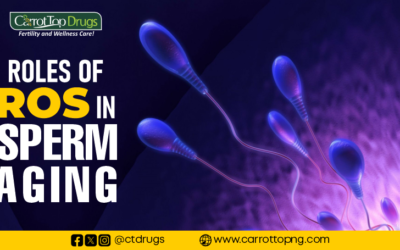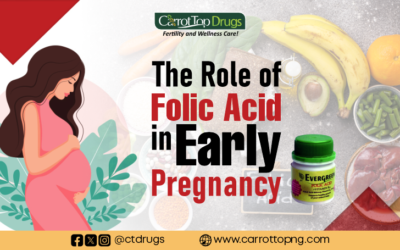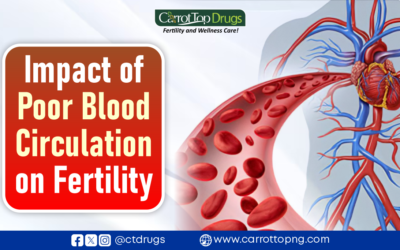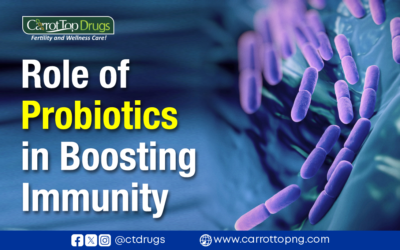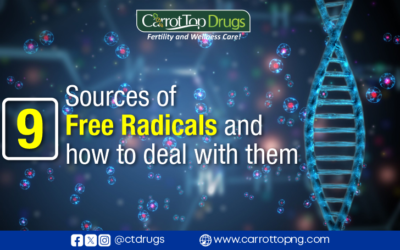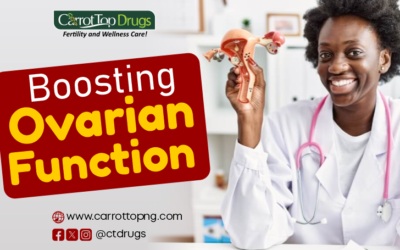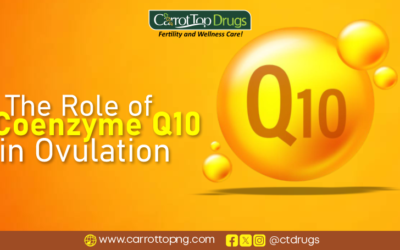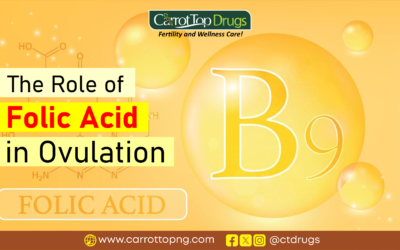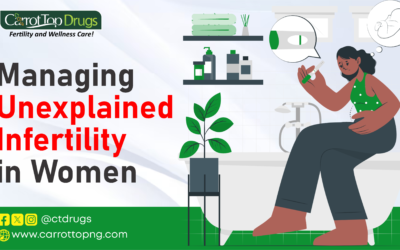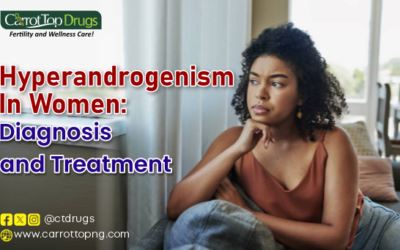When trying to get pregnant, it is very important that you clearly understand all the possible factors that can reduce your chances.
One such of such factor is endometriosis.
So, What is Endometriosis?
Endometriosis is a condition where the endometrium (which is the lining of the uterus) grows outside of the uterus. It is often painful especially during your periods because it involves a large part of your reproductive structures — your ovaries, fallopian tubes and even the linings of the pelvis.
Every month when you have your period, you shed the endometrium (inner lining) of your uterus (womb). But, in the case of endometriosis, the endometrial-like tissue can not exit your body. It remains trapped there. At times, this tissue gets attached to the ovaries resulting in the formation of cysts — endometriomas.
Endometriosis is often misdiagnosed because it can be confused with other conditions like irritable bowel syndrome, pelvic inflammatory disease, or even appendicitis. The tissue can attach to other organs and form lesions in areas such as the ovaries, bowel, bladder, and rectum. Fortunately, effective treatment options are available.
How Common is endometriosis?
Endometriosis is a common cause of infertility in women. Studies show that it affects between 10-20% of women who are trying to conceive, which means at least 1 out of every 5 women trying to get pregnant suffers from endometriosis.
What are the types of endometriosis?
The three main types of endometriosis are:
1. Superficial peritoneal lesion
This is the most prevalent of the three main types. The lesions are found on the peritoneum.
2. Endometrioma (ovarian lesion)
Rather than these lesions appearing or growing on the peritoneum, they grow in the ovaries. They form fluid-filled cysts.
3. Deeply infiltrating endometriosis.
This is the least common of the three types of endometriosis. It grows beneath your peritoneum. Only about 1% – 5% of women with endometriosis have this type.
What are the Symptoms of Endometriosis?
The signature symptom of endometriosis is the presence of pelvic pain which can be severe. This pain may be associated with your periods and it may increase over time.
The Common signs and symptoms of endometriosis include:
- Painful periods (also known as dysmenorrhea).
- Pelvic pain and cramping may begin before and extend several days into a menstrual period.
- Lower back and abdominal pain.
- Pain during or after sex
- Pain with bowel movements or urination. You’re most likely to experience these symptoms during a menstrual period.
- Excessive bleeding.
- Infertility.
Some women only find out they have endometriosis when they are treating infertility.
Other signs of endometriosis are:
- Fatigue
- Diarrhoea
- Constipation,
- Bloating especially during your periods.
Though, you may experience pain, yet, pain is not the best indicator of the severity of your endometriosis. You may have no pain yet, your endometriosis is quite advanced.
Does endometriosis affect fertility?
Endometriosis is a debilitating disease that affects fertility. It’s caused by inflammation and scarring of the pelvic area, which can also lead to endometrial cancer. Women with endometriosis are more likely to develop ovarian cysts, which can cause infertility.
Here are some of the reasons why Endometriosis could cause infertility:
1. The Development of Scar Tissue
When surgeries are performed, scar tissue forms. Endometriosis lesions could cause these scar tissues that could affect the anatomy of the woman. This can make getting pregnant very difficult. If the scar tissue gets into the fallopian tubes, it could cause blockage.
Also, the presence of these lesions on the cervix or vagina could make sex very painful and difficult.
2. Adhesion
When we get injured or undergo surgery, our body may respond by forming adhesions. These adhesions may bind with scar tissue. These can make it difficult for the organs to function properly. It should be understood that the ovary and the fallopian tubes are not joined. The eggs need to move before entering the fallopian tube. Endometriosis could cause these adhesions to grow around the fallopian tubes which could impede the movement of sperm on its way to fertilize an egg(s).
3. Disrupted Anatomy
Whether it is adhesion or inflammation or scar tissues, the anatomic structure of the woman could be distorted. This could result in difficulty in fertilization and implantation. This way, endometriosis could cause infertility.
4. Ovulatory Disorders
Endometriosis can affect fertility by affecting ovulation. Some examples of such conditions are anovulation, luteinized unruptured follicle (LUF), etc. In LUF for example, the egg grows towards maturity but it doesn’t get released because the follicle didn’t rupture. LUF occurs in about 25-43% of female infertility.
Anovulation is slightly different. It is a cycle without ovulation.
5. Inflammation
Endometriosis can cause systemic inflammation. This could cause the body to secrete several chemicals which could reduce one’s chances of getting pregnant. One of the researchers found out that women with endometriosis have an increased volume of peritoneal fluid with a high concentration of prostaglandins, activated macrophages, proteases, IL-1 and TNF. These alterations may have adverse effects on the function of the oocyte, sperm, embryo, or fallopian tube. The influx of these biochemicals could affect implantation.
6. Immune dysfunction
Endometriosis could affect the immune system and cause it to be hyperactive. This could result in an unnecessary immune response. The antibodies could affect the newly embryo or even the egg itself resulting in fertility problems.
7. Formation of Ovarian Cyst
When endometriosis occurs, its tissue could grow on the surface of the ovary or even worse, it could grow in the ovary. These tissues that grow in the ovaries are called endometriomas or ovarian cysts. These cysts could cause intense pain and also reduce the woman’s chances of getting pregnant. Studies have also shown that women with ovarian cysts have a higher risk of having ovarian cancer.
What are the causes of Endometriosis?
Although the exact cause of endometriosis is still uncertain, the possible explanations include:
- Genetic factors
- Problems with menstrual flow, resulting in blood and tissue not leaving the body like retrograde menstruation
- Problems with the immune system
- High levels of the hormone estrogen in the body
- Surgery to the abdominal area, such as a cesarean section or hysterectomy
- alcohol
- caffeine consumption
What are the complications of endometriosis?
The complications of endometriosis are varied and depend on the severity of the disease.
Some of them include:
- infertility
- pelvic pain
- bowel obstruction
- ectopic pregnancy



